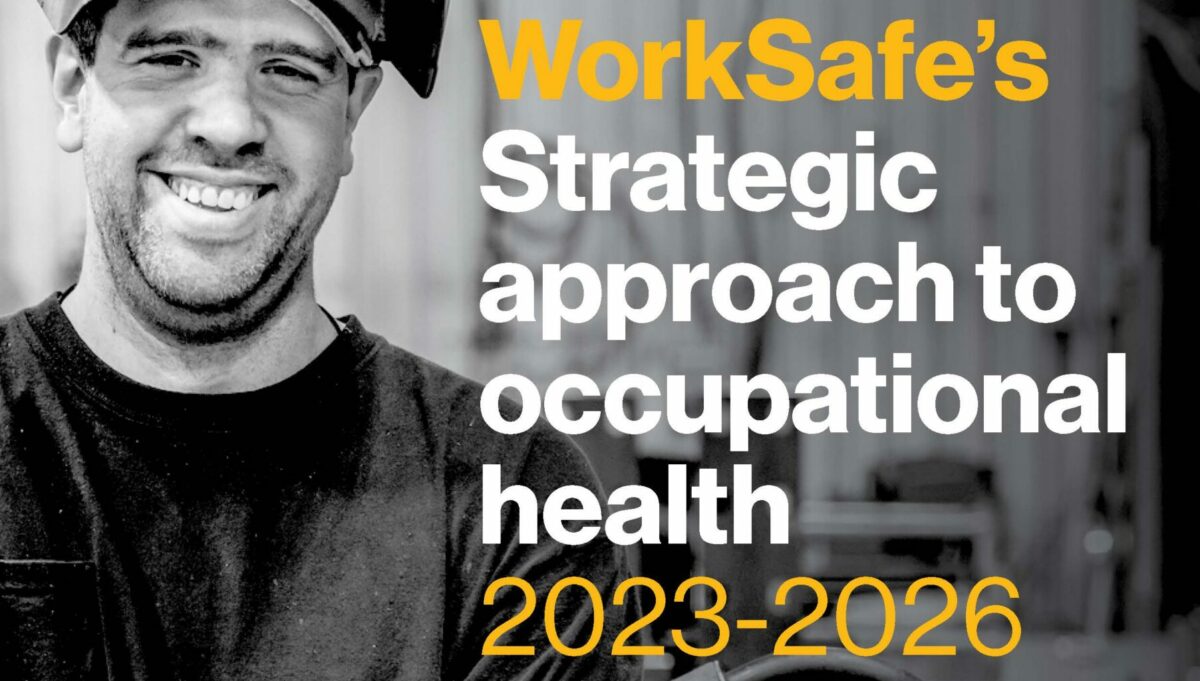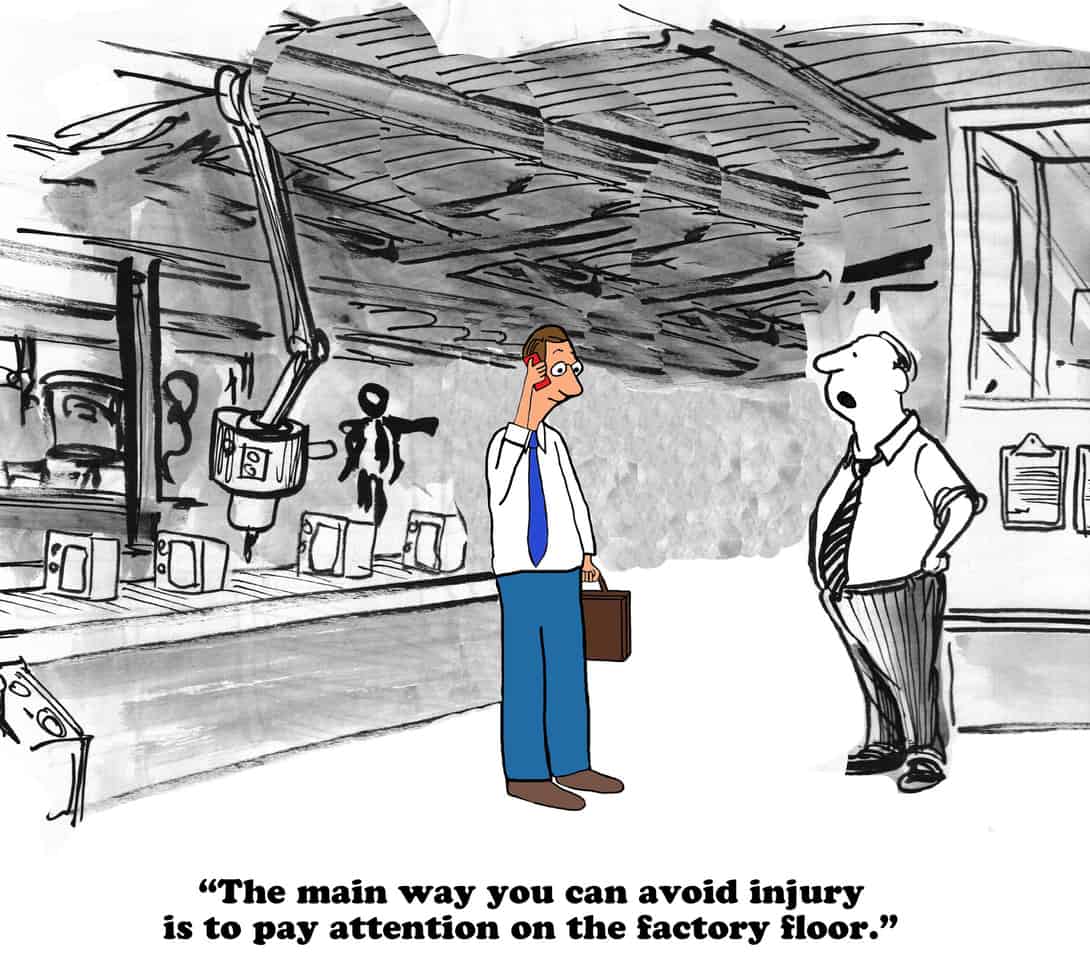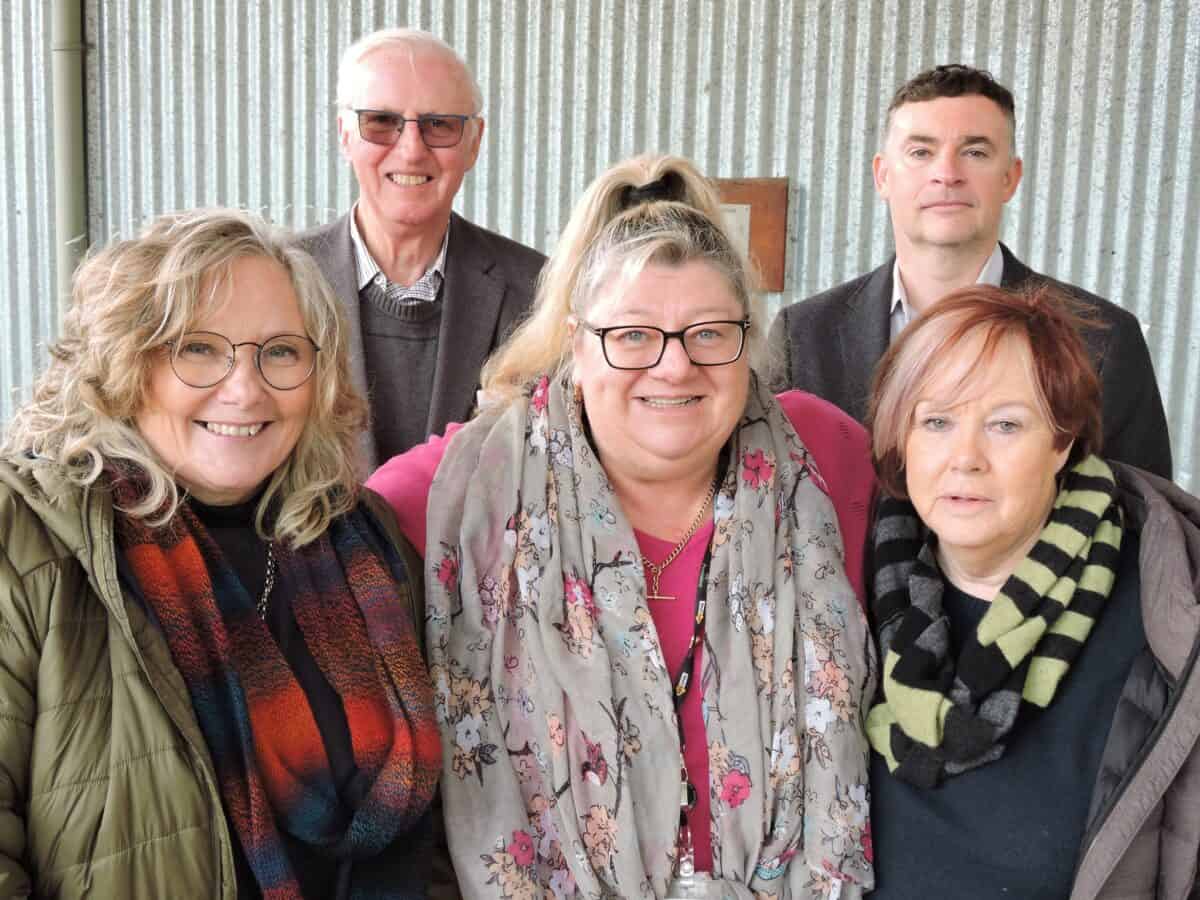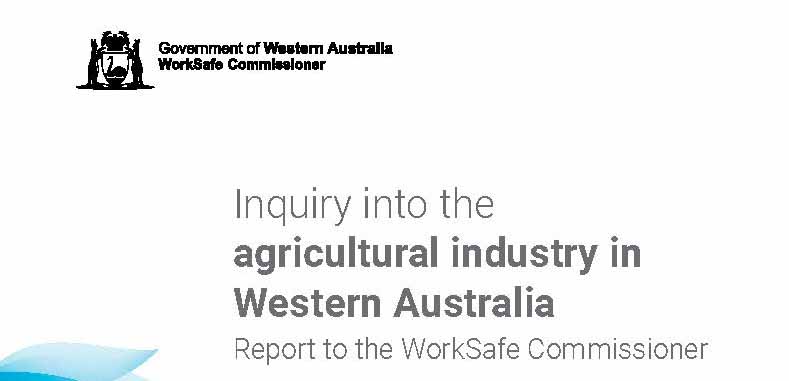Recently WorkSafe Victoria distributed two strategy documents to one of its reference groups. (They are not yet publicly available.) SafetyAtWorkBlog has seen the “Strategic approach to occupational health 2023-2026” and “Transport Fatality Prevention Strategic Approach 2023-2026”. The first includes the following occupational health categories:
Category: transport
Calling something an accident hides the truth
Jessie Singer published her book called “There Are No Accidents” last year. It is a pivotal book about safety and our understanding of the social and legal impacts of calling tragic events “accidents”. On June 13 2023, Singer spoke on Carnegie Council’s From Another Angle podcast about her book and the consequences of its publication.
“Accident” is less used in modern media descriptions of incidents involving serious injuries and fatalities than in the past. The term implies an unavoidable consequence or undeterminable cause of a tragic event. The traditional use absolves anyone of responsibility or accountability and, consequently, stymies the deep analysis of causes required if such incidents are to be prevented in the future. The term is the antithesis of occupational health and safety (OHS) approaches which should always start from the aim of harm prevention.
Comfortable comfort at Truck Drivers’ Memorial
Recently the annual Truck Drivers’ Memorial was held at Alexandra in Central Victoria. Worksafe Victoria’s Executive Director of Health and Safety, Dr Narelle Beer (pictured above at the memorial), spoke at the event. Her presence was welcome and important, for it reinforces the occupational health and safety (OHS) regulators’ commitment to the safety of truck drivers and not just to the risks associated with the loads there are carting.
Dr Beer said little that was new, but that is okay, as WorkSafe’s presence at workers’ memorials is about reassurance and remembrance. There were elements of her speech that should be noted by employers, and that also illustrate the difficult enforcement position of such organisations.
Return to Office demands miss the point
This week a colleague told me that the return to the workplace demands by companies is the most significant issue for 2023. Perhaps, but it is no longer a significant occupational health and safety (OHS) challenge. The directions of company executives are couched in terms of productivity and management comfort. A short while ago, the cause of pre-vaccine tension was masks, hygiene, “dirty” public transport and mandatory vaccinations.
The issues have shifted from the avoidance of infections to the anxieties of returning to the office, which coincidentally places the issue in the OHS contexts of psychosocial issues and worker welfare.
The cultural impediments to OHS improvement in agriculture need to be confronted
Recently Western Australia concluded its WorkSafe inquiry into the Agricultural Industry. The recommendations for improvements in occupational health and safety (OHS) are remarkably dull as they largely fit with business as usual. It is much more useful to file this as a reference document which offers some safety insights.
The inquiry was established after a spate of farm deaths (Don’t all OHS inquiries come from disasters!?). Most of the terms of reference relate to the collation of data, which, in itself, is an implied criticism of the past OHS Commissioners and governments (and national leadership).
The inquiry report is an excellent analysis of the cultural relationships between farming and OHS regulation, with some brutally honest findings that other States and OHS professionals should heed.
A Neverending Story – Supply chain safety dispute
Several weeks ago, Scott’s Refrigerated Logistics, a prominent Australia trucking company, entered receivership. It seems the Transport Workers’ Union (TWU), as part of a long campaign, chose to take another potshot at one of Australia’s few supermarkets, Aldi, accusing it of “pressuring supply chains” when the average profit margin in this sector has been described as an average profit margin of only 2.5 per cent. Occupational Health and Safety (OHS) in Australia’s transport industry has always been an important issue and is regularly a political football.
The union’s claims are being echoed by Senator Tony Sheldon, a former national secretary of the TWU, in Parliament.
Research shows good ROI for OHS
According to the abstract of a recent piece of research from Canada:
“Financial benefits combined estimates of the tangible financial benefits arising from averted disabling work-related injury and illness and intangible financial benefits associated with improved employee retention and morale, improved production quality and strengthened corporate reputation. Applying these plausible assumptions, the average return on OHS expenditures was 1.24 for 289 manufacturing employers, 2.14 for 56 transportation employers and 1.34 for 88 construction employers.”
One can froth up about the Return on Investment (ROI) figures, which are notable, but of interest was the mix of tangible and intangible factors in the equation.







